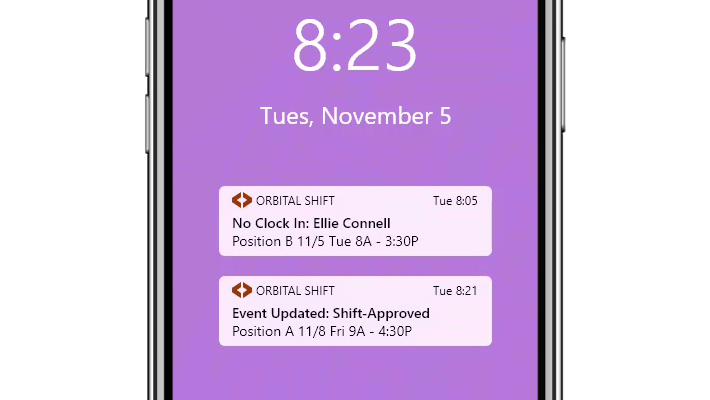Let me tell you something about football careers that often gets overlooked - they're not just about the highlight reels and trophy lifts. When I first started following Danny Drinkwater's journey, I noticed how certain moments quietly shaped his path in ways that casual observers might miss. Today, I want to walk you through what I consider the five pivotal moments that truly defined his career, and I'll show you how to identify similar turning points in any athlete's journey.
First, you need to understand that identifying career-defining moments requires looking beyond just goals and trophies. Start by tracking a player's development timeline season by season - I typically create a spreadsheet with columns for age, club, playing time, and key performances. With Drinkwater, his loan move to Barnsley in 2009 stands out as moment number one. See, what most people don't realize is that before that loan, he was just another promising academy player at Manchester United. But at Barnsley, he got something priceless: consistent first-team football. I've always believed that for young players, actual match experience matters more than training with superstars. Drinkwater made 37 appearances that season, and that volume of competitive football fundamentally changed him as a player.
The second moment requires you to look at partnership chemistry - something I think modern analytics often undervalue. When Drinkwater joined Leicester City in 2012, it wasn't immediately obvious he'd become the engine of their midfield. But here's my method: watch how players complement each other's weaknesses. With N'Golo Kanté arriving in 2015, Drinkwater found the perfect partner. Their partnership became what I like to call "symbiotic football" - Kanté's relentless ball recovery paired with Drinkwater's distribution created something greater than the sum of its parts. During their title-winning season, Drinkwater completed over 1,800 passes with an 85% success rate - numbers that still impress me when I look back.
Now, the third moment involves recognizing when a player transcends their usual role. In Leicester's 3-1 victory against Manchester City during that miraculous 2015-16 season, Drinkwater didn't just play well - he delivered a performance that made everyone see him differently. I remember watching that game thinking "this isn't the same player from two years ago." He assisted Jamie Vardy with that incredible 40-yard pass that still gets replayed constantly. When analyzing such moments, I always tell people to look for games where a player does something so exceptional it changes public perception permanently.
The fourth moment came with his England debut in 2016. International recognition represents a different kind of validation - it's not just club success anymore. What I look for in these transitions is how players handle the pressure shift. Drinkwater earned his first cap against Netherlands in March 2016, and honestly, I think this represented both a peak and a turning point. He made three appearances for England total, which might seem modest, but in the context of his career, it was massive.
The fifth moment is what I call the "transition point" - and this is where things get tricky to analyze. His move to Chelsea in 2017 seemed logical on paper, but sometimes the timing just isn't right. I've learned that big club moves require perfect alignment of form, fitness, and tactical fit. At Chelsea, he found himself competing with N'Golo Kanté again, but also Cesc Fàbregas and Tiemoué Bakayoko. He made just 12 Premier League appearances in his first season there - a sharp decline from being a regular starter. This brings me to an important lesson I've picked up: sometimes the "big move" comes too late or at the wrong moment in a player's development curve.
Now, you might wonder how this connects to our reference about the defending champions playing at Ynares Center in Antipolo against Blackwater on May 21 and then battling NLEX at Philsports Arena on the 24th. Well, here's my perspective: just as we can identify these key moments in Drinkwater's career, we can watch current matches looking for similar turning points. When those teams meet in those specific venues on those exact dates, I'll be watching not just for who wins, but for which players might be creating their own career-defining moments. The Ynares Center encounter on May 21 could be where a young player establishes themselves, much like Drinkwater did during his Barnsley days. The Philsports Arena match on May 24 might feature a partnership blossoming similar to Drinkwater-Kanté.
What I want you to take away from this is that football careers are made in these specific, identifiable moments. The Drinkwater footballer journey shows us that success isn't just about constant gradual improvement - it's about those key explosions of growth and opportunity. Next time you watch a match, whether it's in Antipolo or anywhere else, try looking for these moments as they happen. You'll find it makes watching football much more interesting when you're not just following the score, but tracking the individual journeys unfolding before you. Trust me, once you start analyzing careers this way, you'll never watch football the same again.


